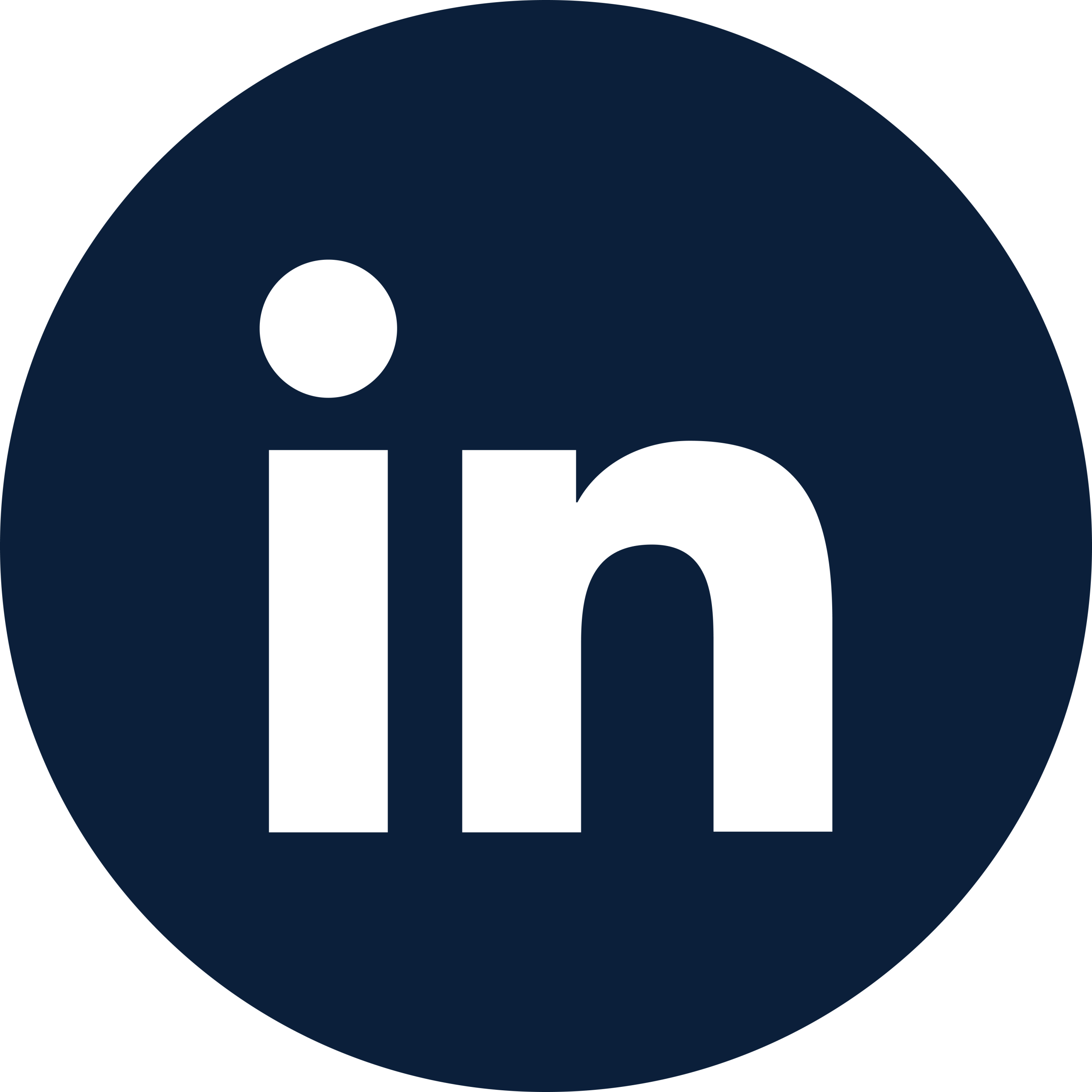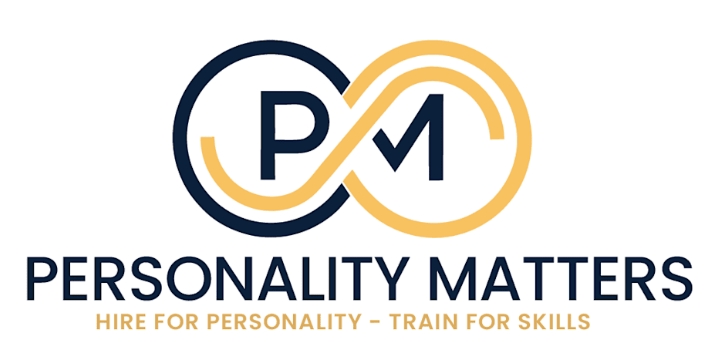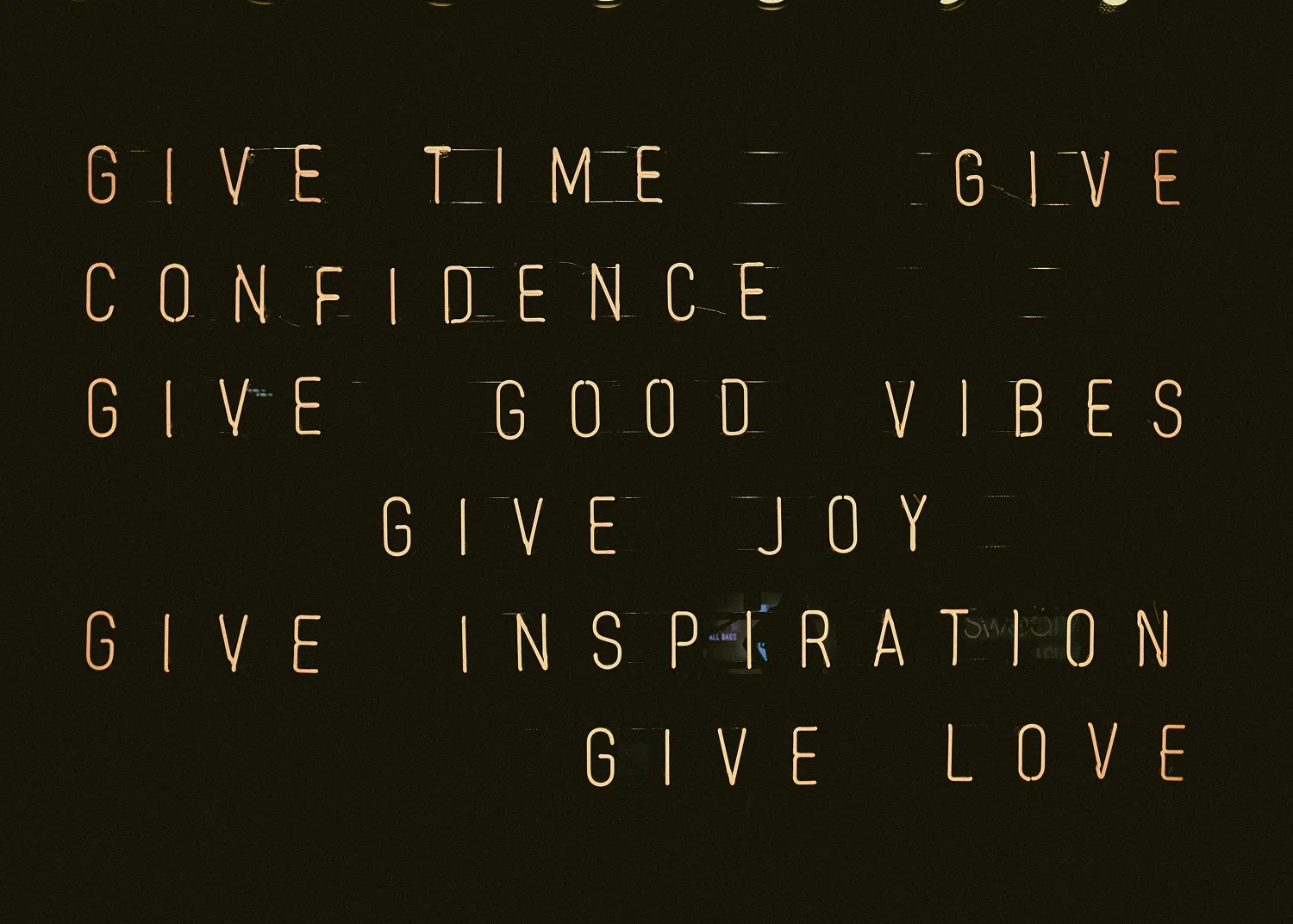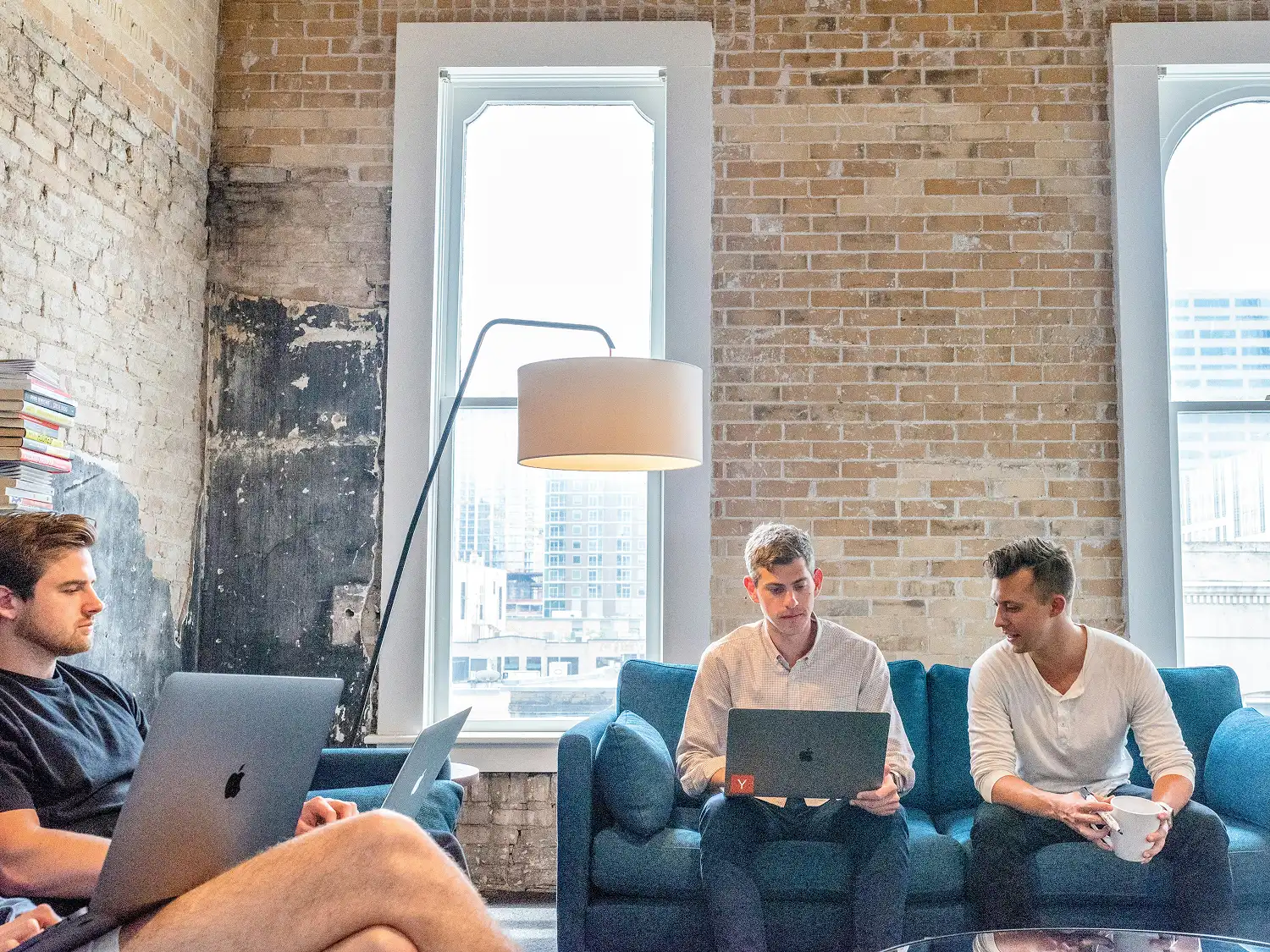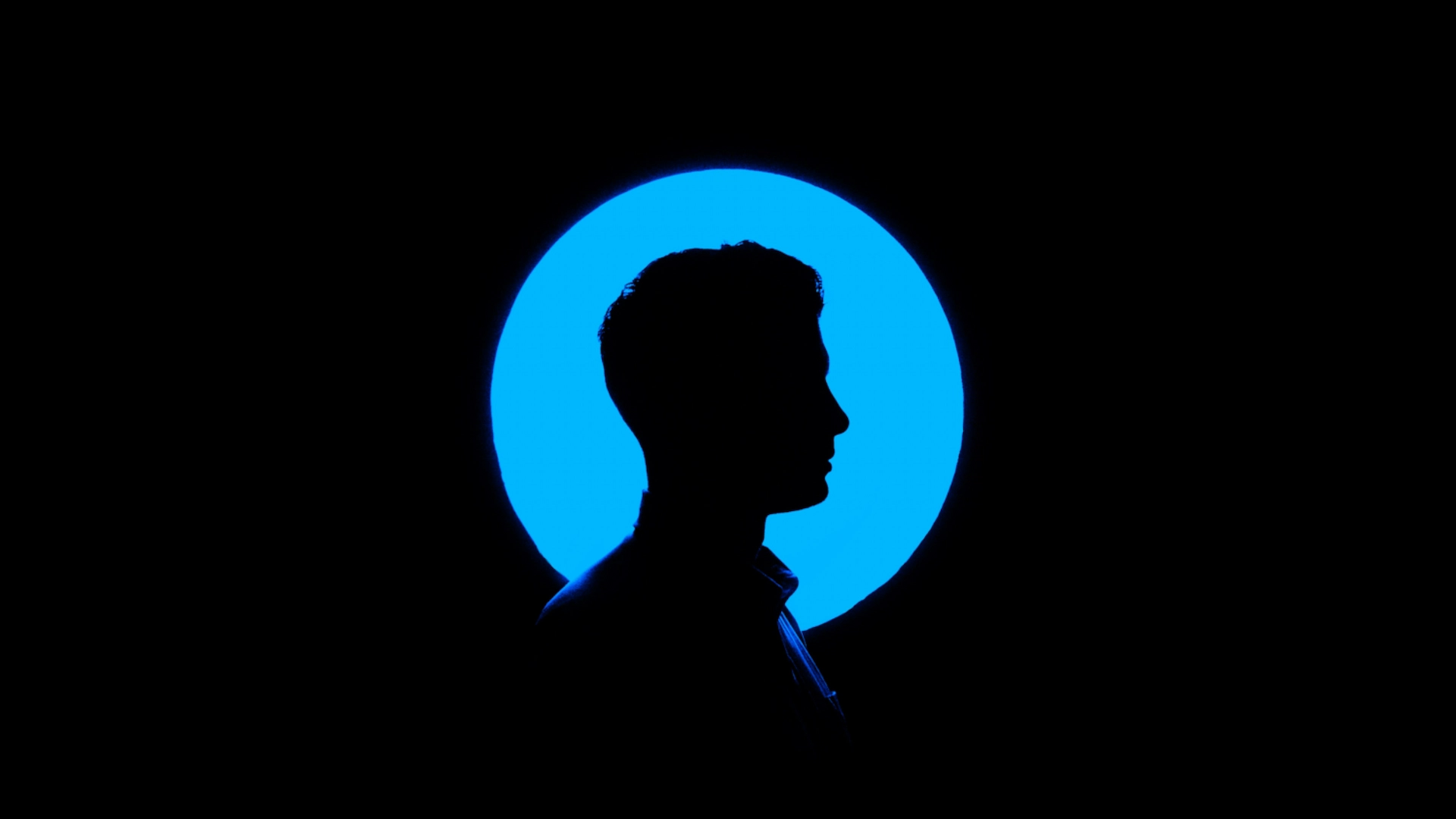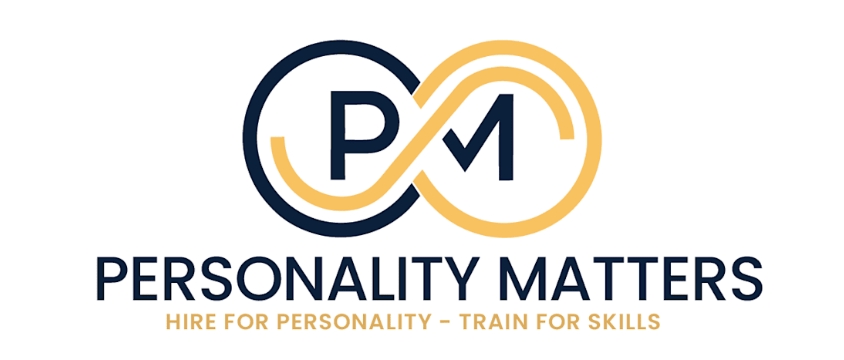In today’s fast-paced, tech-driven world, recruitment processes are becoming increasingly automated, with Artificial Intelligence (AI) tools being used to sift through resumes, conduct initial interviews, and assess candidate qualifications. While AI brings a wealth of efficiency and speed to the hiring process, it has limitations, particularly when it comes to understanding the nuanced, human elements that shape a candidate’s suitability for a role.
This is where personality hiring stands out, offering an edge over AI in the recruitment process—especially in the context of hiring Gen Z talent. Gen Z, the generation born between 1997 and 2012, is entering the workforce with a fresh set of values, expectations, and career priorities. For employers seeking to attract and retain Gen Z talent, understanding personality and cultural fit is crucial. While AI can process data and analyze patterns, it often lacks the ability to assess complex human traits, such as emotional intelligence, interpersonal dynamics, and how well someone aligns with company culture.
Let’s explore why personality hiring holds a distinct advantage over AI in the Gen Z era, and how it helps employers make smarter, more informed hiring decisions.
- Understanding the “Human Element” Beyond Skills
AI excels at processing large amounts of data and can easily identify candidates who meet specific technical criteria or keywords in resumes. However, it often misses out on evaluating soft skills such as communication, empathy, collaboration, and adaptability—traits that are crucial for success in today’s work environment. For Gen Z, these soft skills are often just as important, if not more, than technical expertise.
Personality hiring assesses a candidate’s inherent traits—like emotional intelligence, interpersonal skills, problem-solving, and work style—which are key to determining whether they’ll thrive in a particular role or company culture. Gen Z values workplaces that foster inclusivity, work-life balance, and personal development. While AI may filter out candidates based on rigid criteria, personality hiring evaluates how well an individual’s traits align with the values of the organization, offering a more holistic view of potential.
- Enhancing Cultural Fit and Organizational Alignment
One of the main reasons Gen Z is changing the recruitment game is their strong desire for workplace culture alignment. This generation wants to work for companies that reflect their personal values—whether that’s sustainability, diversity, inclusivity, or social impact. However, AI struggles to fully understand cultural fit beyond surface-level traits.
With personality hiring, recruiters can delve deeper into a candidate’s alignment with company culture by assessing core personality traits such as openness, extroversion, and teamwork skills. By evaluating traits like these, hiring managers can ensure that candidates not only have the technical skills for the job but also the personality to thrive in their unique work environment. Gen Z employees, known for their desire to work for companies that value purpose over profit, will resonate more with companies that prioritize personality fit and cultural compatibility. Personality hiring allows recruiters to make more informed, human-centric decisions that can lead to longer-term retention and job satisfaction.
- Embracing Flexibility and Adaptability in a Changing Workforce
Gen Z has been dubbed the “adaptive generation”—born into a world of constant change, technological advancement, and global interconnectedness. They are digitally savvy and are comfortable with new tools and platforms, but they also value flexibility, autonomy, and the opportunity to learn and grow in their roles. This mindset can make it challenging for AI algorithms to predict how a candidate will adapt to rapidly changing environments or how they might handle challenges that aren’t easily quantified by data.
Personality assessments, on the other hand, can provide insight into a candidate’s resilience, growth mindset, and willingness to adapt. AI might filter out candidates based on rigid experience requirements, but personality hiring focuses on the potential of a candidate to thrive in a dynamic work environment. Understanding traits like adaptability, curiosity, and willingness to take risks can help organizations identify Gen Z talent who will not only excel in the present but also grow with the company in the future.
- Reducing Unconscious Bias in the Hiring Process
AI can often reflect and amplify the biases present in its training data, leading to unfair hiring decisions. For example, if an AI system is trained on historical hiring data from a company that has a bias toward certain gender, age, or educational backgrounds, it may unintentionally perpetuate those biases in its hiring recommendations. For a generation as diverse and socially aware as Gen Z, this can be a significant deterrent.
Personality hiring, when done correctly, can be an antidote to this problem. Personality assessments are designed to provide objective insights into a candidate’s traits and behaviors, helping recruiters focus on characteristics that are truly relevant to the role, rather than relying on unconscious biases based on factors like appearance, background, or gender. By utilizing personality assessments that focus on individual traits rather than surface-level qualifications, companies can promote greater diversity, inclusivity, and fairness in the recruitment process—values that are extremely important to Gen Z.
- Improving Candidate Experience and Engagement
Gen Z values transparency, authenticity, and open communication throughout the hiring process. Many AI-powered systems may inadvertently create a sense of detachment or impersonality, where candidates feel like they are just another data point being processed by an algorithm. This can harm the candidate experience and make it harder for companies to build meaningful relationships with top talent.
In contrast, personality hiring emphasizes a more human-centric approach to recruitment. Through behavioral interviews, psychometric tests, and personality assessments, companies can engage candidates in a more authentic and personal way. This not only improves the candidate experience but also fosters a stronger connection between the candidate and the employer. By focusing on personal traits and values, employers show Gen Z that they care about more than just qualifications—they care about who the candidate is as a person, which resonates deeply with this generation’s desire for authenticity and personal connection.
- Fostering Long-Term Success and Employee Well-Being
Finally, one of the biggest benefits of personality hiring is its ability to predict long-term success. Gen Z is often seeking roles that provide personal growth, a sense of purpose, and work-life balance. Personality assessments help employers gauge whether candidates have the right traits for sustained success in a given role—whether that’s leadership potential, emotional stability, or a strong sense of teamwork.
AI can certainly assist in identifying short-term qualifications or filtering through large volumes of applicants, but it lacks the nuanced understanding of personality that can predict whether a candidate will thrive in the company’s environment and culture over time. Personality hiring helps ensure that Gen Z employees not only perform well in their roles but also feel engaged, supported, and aligned with the company’s goals. By fostering employee well-being through a better understanding of individual personalities, companies can enhance retention, job satisfaction, and overall performance.
Conclusion
While AI has revolutionized many aspects of recruitment, it’s clear that personality hiring gives companies an important edge—especially in today’s Gen Z era. By focusing on the human elements that AI often overlooks—such as emotional intelligence, adaptability, cultural fit, and long-term potential—personality hiring allows recruiters to make smarter, more informed decisions that go beyond the data. For Gen Z, whose expectations for workplace culture, authenticity, and personal growth are high, personality hiring ensures a better match between employees and employers, fostering a more positive and productive work environment.
In a world where technology is rapidly changing, it’s the human touch—assessed through personality—that continues to be a key differentiator in finding the best talent and ensuring long-term success.

